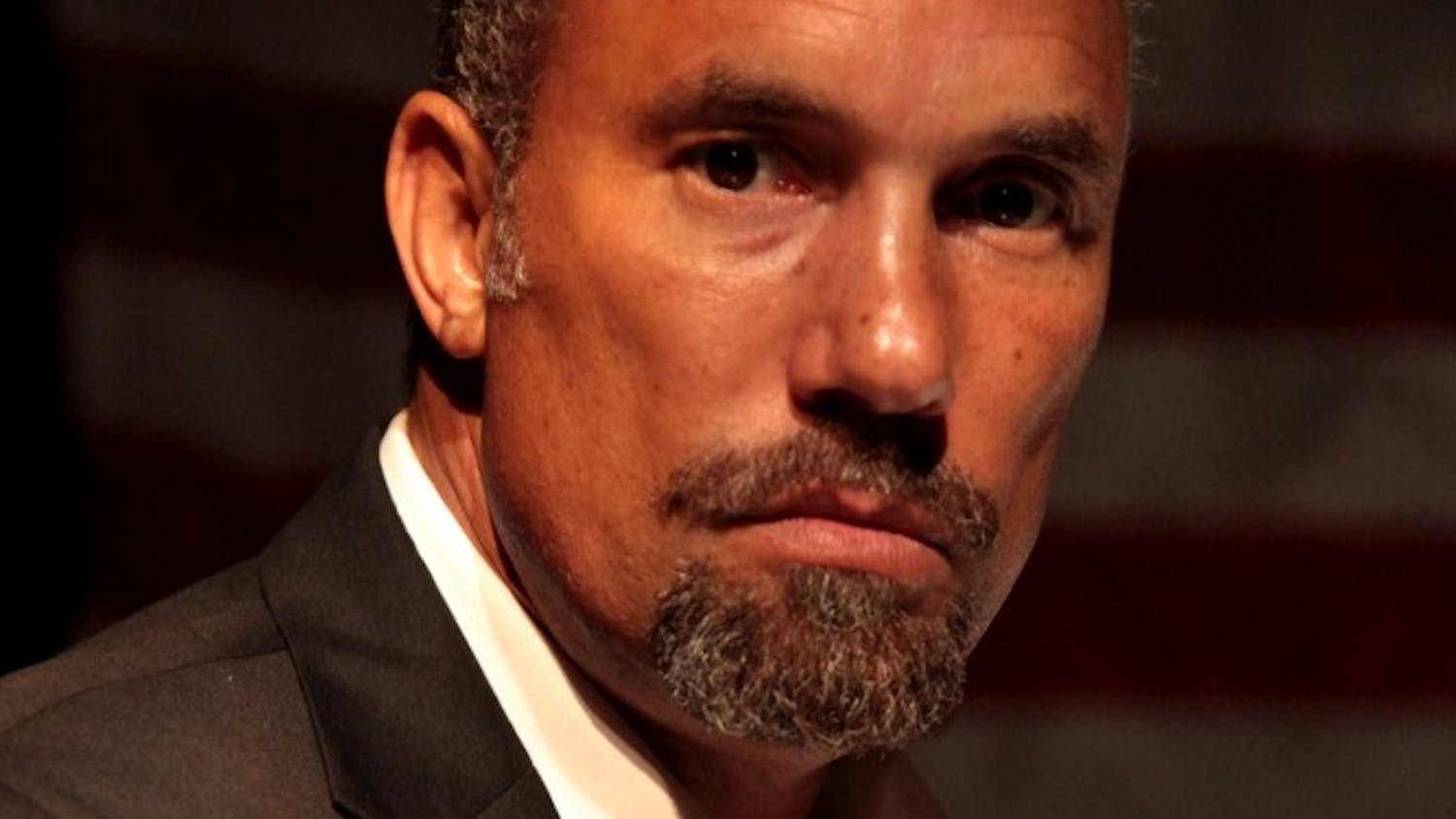As the Dartmouth community enters into a summer of continued health and safety precautions, the Hopkins Center for the Arts will continue Hop@Home — a program that streams live events into the comfort of one’s home. This summer, the Hop will also embark on a collaboration with the Dance Theatre of Harlem.
“Hop@Home is the virtual stage for the Hop, which means that we’re trying to continue the creativity of Dartmouth students and the artists that we host in digital spaces,” said Hop director of external affairs Michael Bodel.
Each week, there are a variety of events, ranging from live chats with creators such as Alex Horwitz, director of the documentary “Hamilton’s America,” to live living room concerts with artists such as Ozomatli, a Grammy-winning band that celebrates cultures from around the world, and the Villalobos Brothers, a contemporary Mexican ensemble that shares messages of positivity and justice through their music.
Transitioning these live performances to a virtual platform was a challenging task that required the collaboration of Hop staff members.
“The biggest challenge has been trying to figure out how to create that sense of community and liveness that we all dig when we go to the theater,” Bodel said.
Bodel added that there is a strong emphasis on creating a live atmosphere for Hop@Home events, as live-streamed events can replicate the energy of live theater better than pre-recorded material — although there are elements of live production that cannot be produced virtually. Additionally, the Hop staff had to overcome obstacles such as spotty internet connection and poor lighting. According to Bodel, production staff, who normally run the light board, worked behind the scenes to help the artists present their work virtually in the best possible manner.
“The fun part has been, for the staff, reinventing ourselves,” Bodel said. “These skills and these things that we’ve learned about what works well and what doesn’t are hopefully things we’ll take into the future.”
Jenique Richards ’22, a 2019-2020 Hop Events fellow, watched the events and helped manage some behind-the-scenes elements of Hop@Home in the spring. Richards echoed Bodel’s sentiment that there was a lot of coordination between staff members, which was vital to ensuring the events ran smoothly.
“I was really surprised with how quickly they were able to get this programming put together because, at least from a viewer’s perspective, the events looked really good and really professionally done,” Richards said.
In addition to the Hop@Home events, this summer marks the beginning of a three-year collaboration between the Hopkins Center for the Arts and Dance Theatre of Harlem, an American ballet company that celebrates Black culture in its work and uses art as a platform for social justice. This collaboration goes beyond performance; it seeks to expand experiential learning opportunities in dance and inspire cross-departmental explorations.
Bodel explained that the goals of the Hopkins Center and the DTH align.
“[DTH] is just starting to put more emphasis on commissioning new work of younger choreographers and choreographers who are representing and celebrating Black culture and the contributions of African Americans throughout history,” Bodel said. “That is also a goal of the Hop, which is to transform from a space that’s just presenting art to a space that’s playing a creative role in the development of work.”
The intersection of art and academica is explored through this collaboration with DTH. One example of this is the summer course, AAAS 31.10/THEA10.57, “Dance Theater of Harlem Workshop: The Hazel Scott Project, Artist as Activist,” co-taught by theater professor Monica White Ndounou and Dartmouth Dance Ensemble director John Heginbotham. Students in this course have the opportunity to engage with DTH as the company works on The Hazel Scott Project, a dance that tells the story of Hazel Scott, a musical prodigy and civil rights activist. According to Ndounou, students take the course with DTH dancers, and the course includes lecture, discussion and dance composition, ultimately culminating into a final creative project. Bodel noted that this project touches on many different factors: African American studies, dance, performance studies, history and art criticism.
“We honor Hazel Scott's contributions to the Civil Rights movement by acknowledging her work as an artist and an activist and exploring in the context of the experience of Black performers and Black performance history at the intersection of civil rights and Black liberation struggles,” Ndounou wrote in an email statement.
Through this course, students learn about the power of art and its intersection with history.
“I hope my students will learn more about themselves and their instruments (body, voice, emotions) one another and the larger world, especially what it means to be an artist, activist and accomplice, during and beyond the converging pandemics of COVID-19 and racial injustice,” Ndounou wrote.
Evidently, the Hop@Home summer events are more than a short-term solution to COVID-19 challenges. Although Hop@Home started as a way to circumvent the challenges of remote terms, Bodel explained that many features of Hop@Home will remain even after in-person events resume.
“I think Hop@Home, as an idea, is here to stay. When we come back together, there will still be a valuable component of our programming that’s virtual,” Bodel said. “That allows people like alums or other fans of the artists who are across the country or the world to have a relationship with the Hop and to see what we’re doing in a way that we haven’t done in the past.”
Virtual events allow for audiences across the world to connect in a unique way. Art also allows audiences to connect emotionally, something that Richards said she appreciates about the arts.
“Things are really stressful during this time, and I think that the arts are not only a way to escape, but they’re also a way to cope with what we’re going through.”


